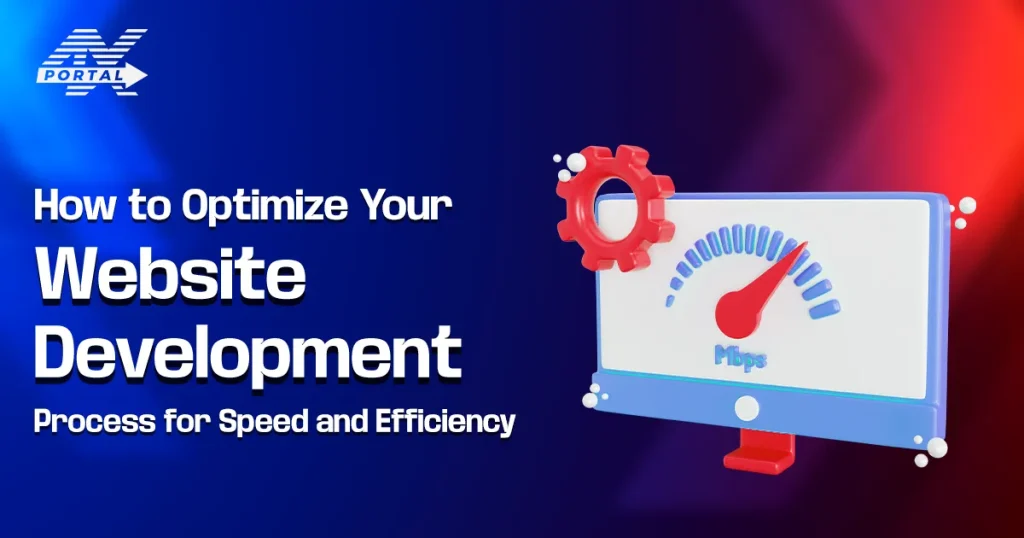Website optimization is critical to developing fast, efficient, and user-friendly web applications. An optimized website provides better user experience, boosts search engine rankings, and delivers smooth functionality on various devices. By emphasizing website speed optimization, effective web development techniques, and performance optimization, developers can create websites that load fast and function well.
Significance of Website Speed Optimization
Website speed is essential for user interaction and retention. Research indicates that users leave sites that take longer than a few seconds to load. Slow-loading sites result in increased bounce rates, which hamper conversions and search engine rankings. Improvement of website speed requires eliminating unnecessary elements, code optimization, and use of caching to provide quicker browsing experience.
Selecting the Right Technology Stack
Effective web development begins with choosing the appropriate technology stack. The programming languages, frameworks, and tools used affect the overall performance of a website. Lightweight frameworks and optimized libraries assist in minimizing load times and enhancing efficiency. Modern technologies such as Next.js for front-end optimization, Node.js for scalable back-end solutions, and lightweight CSS frameworks such as Tailwind CSS should be utilized to enhance styling performance.
Optimizing Code for Performance
Efficient and clean coding techniques are also an important factor in website development optimization. Eliminating duplicate code, reducing HTTP requests, and file compression can greatly improve website speed. The developers must also pay attention to eliminating unnecessary JavaScript execution, CSS delivery optimization, and limiting the use of external plugins that cause performance slowdowns.
Applying Caching Mechanisms
Caching is a powerful performance-optimization technique. Caching frequently visited data in intermediate storage, eliminating server load and accelerating content rendering. Browser caching, server caching, and CDNs are accessible tools for the developers to prevent content delays where users can acquire content without causing unnecessary delays. CDNs offload website resources onto several locations, minimizing latency and accelerating website speed enhancement worldwide.
Optimizing Images and Media Files
Big images and media content have a tremendous effect on web performance. Optimize images via compression and utilize next-generation image formats such as WebP. Lazy loading also reduces the page load times. Effective web development involves delivering responsive images that adapt to varied screen sizes without compromising quality to maintain a delicate balance between look and feel and performance.
Minimizing HTTP Requests and Server Response Time
Every file a browser asks for adds to page loading time. Minimizing HTTP requests through combining JavaScript and CSS files, inline SVGs, and not using unnecessary scripts can improve site performance. Optimizing server response time using fast hosting providers, upgrading to a dedicated server, and applying database indexing also helps optimize websites.
Taking Advantage of Asynchronous Loading and Lazy Loading
Asynchronous loading and lazy loading methods facilitate better performance through loading only what is needed upon demand. Asynchronous execution of JavaScript avoids the blocking of the rendering of other elements on a page, whereas lazy loading means that images and videos load once they enter the view port. These are measures that assist in speeding up websites through smaller initial loads as well as providing better user experiences.
Ensuring Mobile Optimization
Given a large amount of web traffic from mobile phones, mobile optimization is critical to efficient web development. Responsive design practices, high-performance mobile frameworks, and mobile-friendly UI elements improve performance. Google’s mobile-first indexing places importance on mobile-optimized sites, making mobile responsiveness an integral part of website development optimization.
Regular Performance Testing and Monitoring
Constant monitoring and testing ensure optimal website performance. Google PageSpeed Insights, GTmetrix, and Lighthouse are the tools that report areas of improvement. Developers ought to test the loading speed continuously, detect performance bottlenecks, and re-write code for increased efficiency. Optimization of performance is a process that demands responding to new best practices and emerging technologies.
Boost site speed & efficiency with expert dev tips. 4x Portal reveals how to optimize performance, code, and UX for faster, smoother websites.
Conclusion
Website optimization in development is important to ensure that the website loads quickly, works efficiently, and performs optimally. With optimization of website development through an improvement in website speed, utilizing optimized coding methods, applying caching, optimizing media content, and benefiting from performance optimization methods, web developers are able to deliver fluid web experiences. A strategic focus on website development results in greater user interaction, improved SEO results, and future success online.










